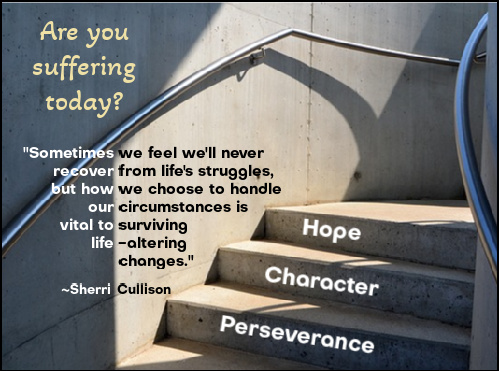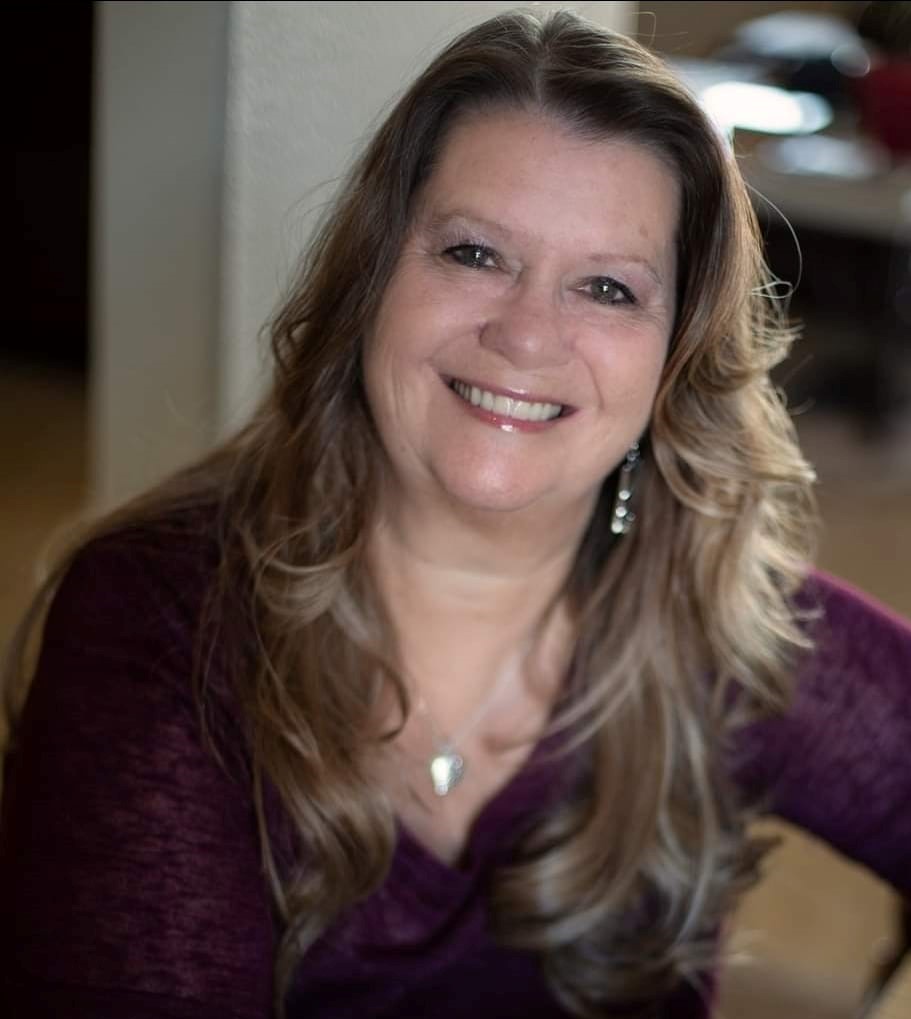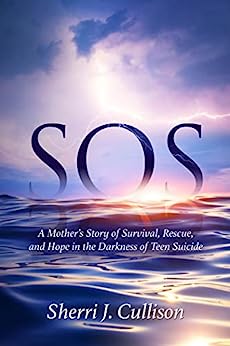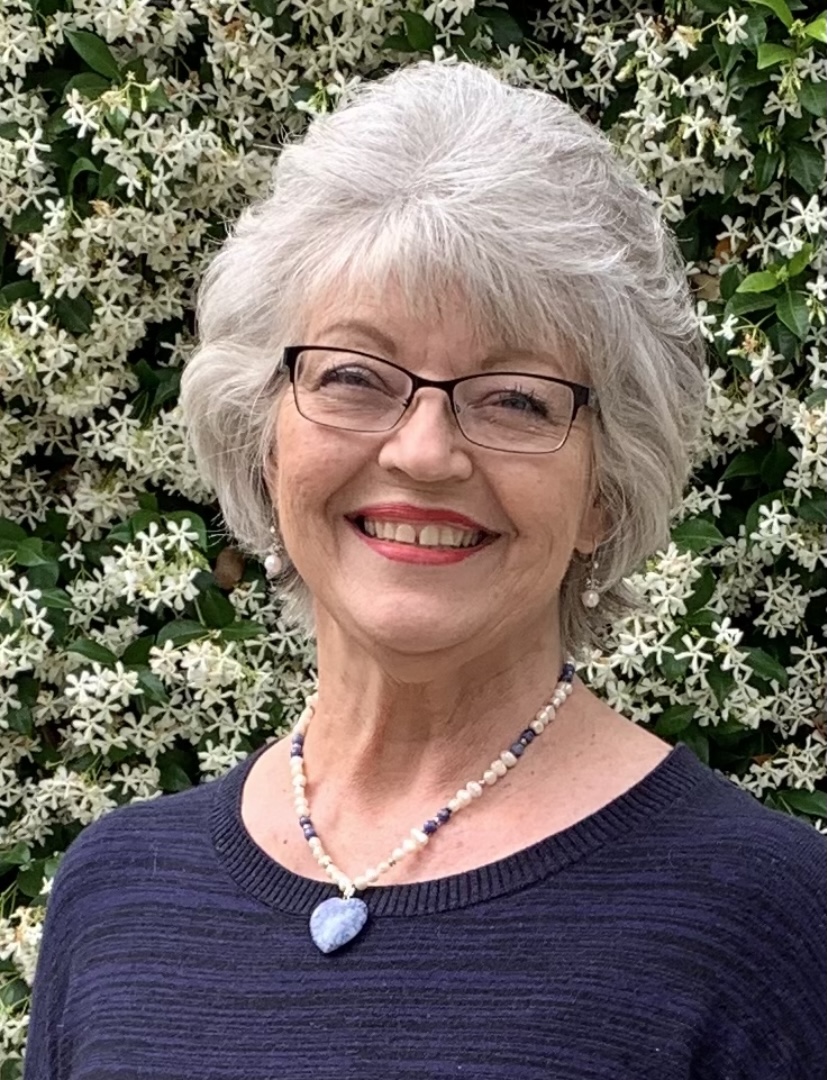When Back Leads to New
Kolleen Lucariello always surprises me with her out of the box thinking and spiritual insights. In this Spiritual Growth UPGRADE, she asks us to consider what might happen if God sends us "back to" in order to bring us to an "experience of new."![]() "When I consider going back to something I have viewed it as regression," Kolleen said. "It’s an odd phenomenon for me when going back leads to new."
"When I consider going back to something I have viewed it as regression," Kolleen said. "It’s an odd phenomenon for me when going back leads to new."
I (Dawn) pondered this post. I asked God, where do I need to go back, Lord? Then I realized God had already taken me back several times. He took me back to a place of abuse to give me new freedom in forgiveness. He took me back to a place of shame to give me a greater sense of His strength, mercy, and grace. This is a powerful message. Ponder it.
Kolleen continues . . .
- We send our children back to school to experience a new year.
- I personally, had to go back to traumatic spaces in therapy to experience a new perspective of my identity.
- The life of Moses is a great example of how going back to can lead to an experience of new.
After years of oppression in Egypt, Moses’ birth announcement comes at a time when the law of the land is death to any Hebrew baby boy at birth. He’s saved because his mother placed him in a basket and sent him floating down the Nile. He is discovered by the daughter of the man who made the awful law.
She sent him back to his birth mother to experience life as an Israelite. When he was old enough, his birth mother sent him back to Pharoah’s daughter to experience a new life as her son—an Egyptian.
Eventually, those two identities would become incompatible, and Moses would commit an act of murder against an Egyptian to protect the life of a Hebrew.
This feels a bit treasonous. After all, Moses spent more years living as an Egyptian than as a Hebrew. But, when the news became public, he was a man on the run.
Eventually, Moses would be minding his own business as a shepherd tending to the flock of his father-in-law.
Until the day when Moses came to Horeb, the mountain of God, and God introduced himself.
“You’re the man I’m looking for, Moses! I’m going to send you back to Egypt so my people can experience a new unoppressed life.”
Of course, this is the Kolleen paraphrase and there is much more to be read of the story; however, this example shows us that God is not opposed to sending someone back to what we’ve been running from if it will assist another to experience the new.
Yet, after God’s explanation, Moses expressed some self-doubt—fear, perhaps?
“Who am I?” Moses asked.
Who was he? Was he a Hebrew? Was he an Egyptian? Was he a shepherd?
Did he have any memory from his earliest beginnings? Or had he blocked those days of his birth family?
Regardless, God knew who he was, and Moses needed to know who God was.
“I am the God of your father, the God of Abraham, the God of Isaac and the God of Jacob” (Exodus 3:6, NIV, emphasis mine).
God was taking Moses back to his roots, but first Moses would go back to Egypt for a new experience within Egypt. While in Egypt, God would give Moses a new experience with the people of his ethnicity and, together, they would go back to the mountain of God.
I’ve been shaken to the core by a loss of identity. And like Moses, I needed to go back to the place I had been running from and allow God to do a bit of cleanup so I could come out and experience something new.
My years within my own "personal Egypt" had diminished my identity and God needed to send me back to the foundation of my faith to reestablish and reaffirm the truth of my identity.
My parents laid a foundation of faith, but I spent a few years running from it. The Lord led me back to the church where my own faith was established. God used this time to challenge my mischaracterization of His identity and I began a new experience with Him.
Never discount what God can do by taking you back to your foundation of faith.
God isn’t afraid to dismantle what is cracked or was poorly laid and reveal His true nature.
When God identified Himself, “Moses hid his face because he was afraid to look at God” (Exodus 3:6b).
When fear and shame from my time in Egypt turned my face away from God, He led me back to the Cross, and I began a new experience with forgiveness and Truth.
What's YOUR Back to the New?
Does God want to do some cleanup in your life? When He instructs us to go back to the root or our "personal Egypt," remember, He’s not asking us to settle there again.
Too often we believe we are the sum of every mistake. That’s not how God sees us.
What’s really cool to me about Moses’ story is that God would add one more title to his identity.
When Moses wondered, "Who am I?"—A Hebrew? An Egyptian? A Shepherd?—I can almost hear God whisper, “You have been every single one, Moses. But now you are “My servant, Moses” (Numbers 12:7).
Where might God ask you to go back to so He can lead you into the new?
 Kolleen Lucariello, the #TheABCGirl, is the author of #beYou: Change Your Identity One Letter at a Time, and is the Co-Director of Activ8Her, Inc. She is
Kolleen Lucariello, the #TheABCGirl, is the author of #beYou: Change Your Identity One Letter at a Time, and is the Co-Director of Activ8Her, Inc. She is  passionate to help every woman realize her identity in Christ and live accordingly. Kolleen and her hubby, Pat, make their home in Central New York. She's the mom of three grown children and Mimi to six incredible grands. For more informaiton about Kolleen, visit speakkolleen.com.
passionate to help every woman realize her identity in Christ and live accordingly. Kolleen and her hubby, Pat, make their home in Central New York. She's the mom of three grown children and Mimi to six incredible grands. For more informaiton about Kolleen, visit speakkolleen.com.
Graphic adapted, courtesy of Openicons at Pixabay.
 Post a Comment → Posted on
Post a Comment → Posted on  Thursday, August 10, 2023 at 11:09AM
Thursday, August 10, 2023 at 11:09AM  " Moses,
" Moses,  A New Creature,
A New Creature,  Back to Your "Personal Egypt,
Back to Your "Personal Egypt,  God calls Moses,
God calls Moses,  Kolleen Lucariello,
Kolleen Lucariello,  New Experiences with God,
New Experiences with God,  Spiritual growth,
Spiritual growth,  Upgrade with Dawn Upgrade Your Life
Upgrade with Dawn Upgrade Your Life  Spiritual Growth
Spiritual Growth 












